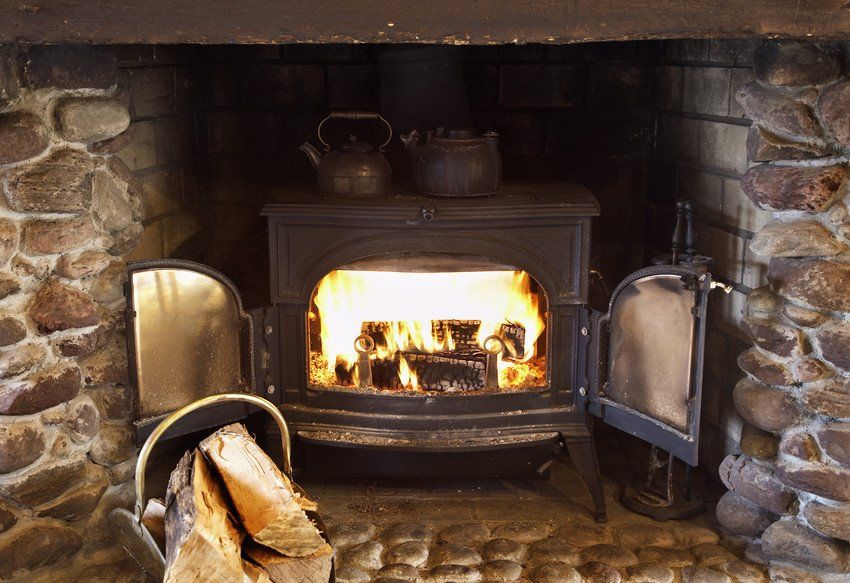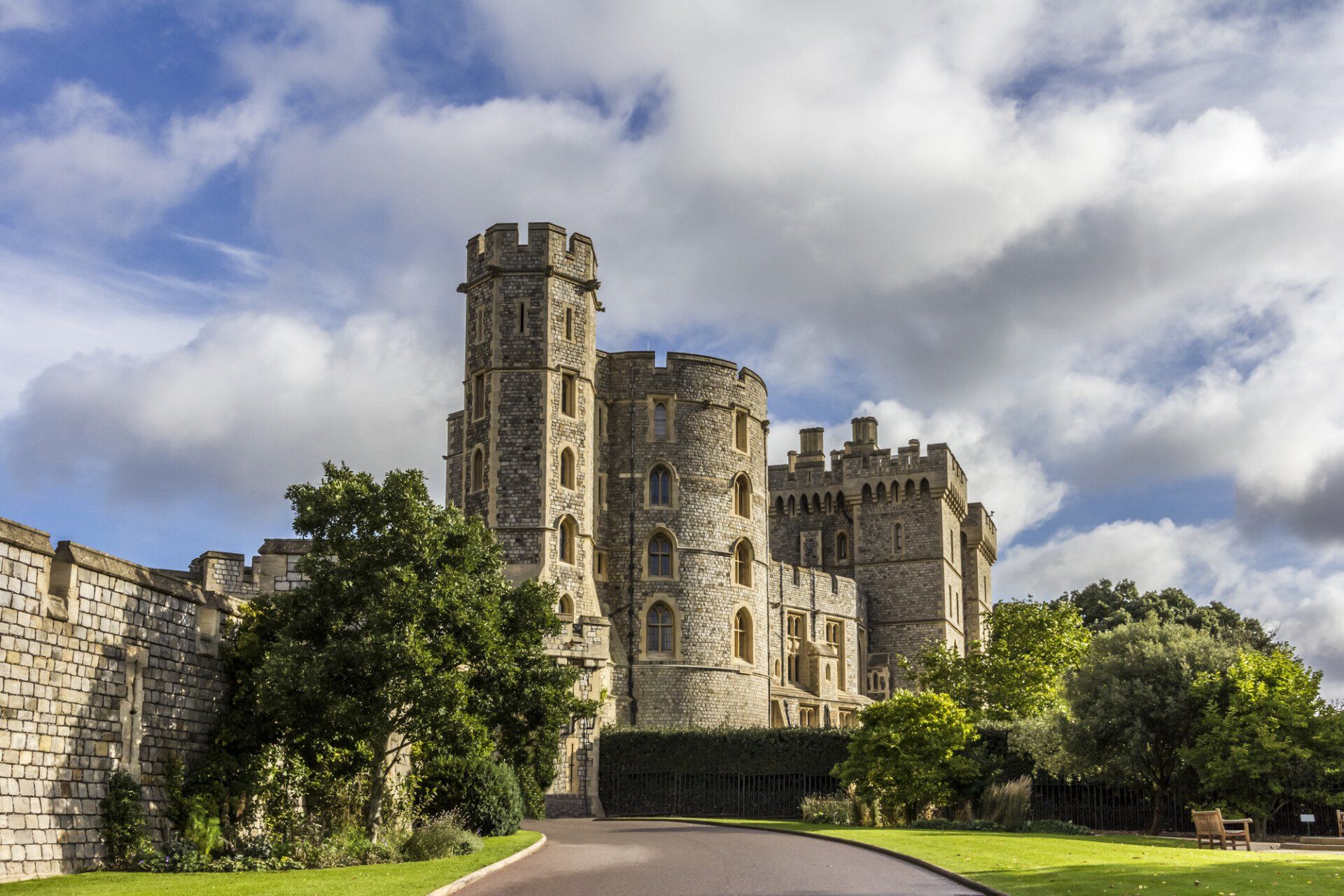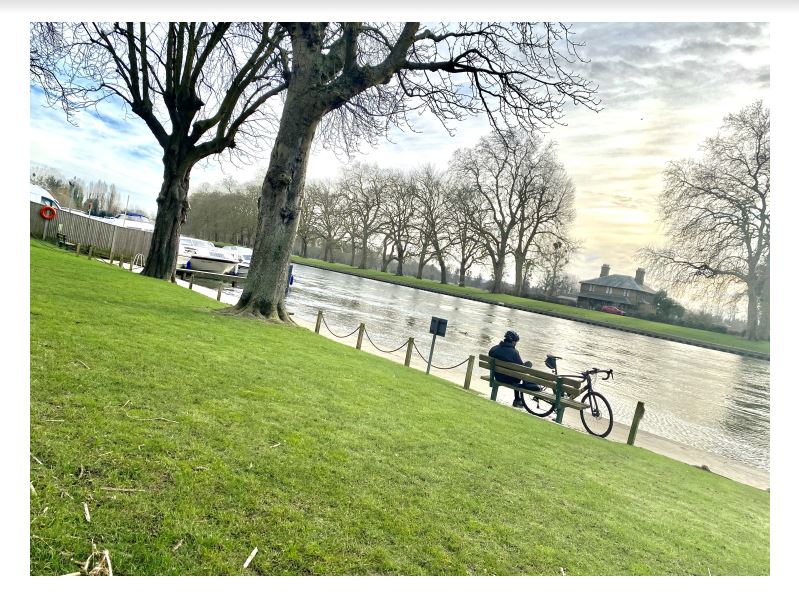Diwali: Timeless themes amidst turbulence
Credit: Bhaktivedanta Manor, Diwali at the Manor
This Diwali “as diyas are lit in homes and temples, we envision their light dispelling the darkness of negativity, fear, frustration and materialism that resides within all of us,” said Visakha Dasi, feminist, photojournalist and Bhaktivedanta Manor’s first female president.
The Manor, a sprawling estate set in the English countryside near Watford, is the UK headquarters for the International Society for Krishna Consciousness (ISKCON). Former Beatle George Harrison donated it to AC Bhaktivedanta Swami Prabhupada, ISKCON’s founder.
Visakha clarified that "Deep-avali" means rows of light and that the goal of spiritual culture is to overcome our dark propensities and come to the light of goodness, characterised by knowledge, satisfaction, sense control, and peace.
During what is arguably the most turbulent moment in recent history, the timeless themes of the five days of Diwali - underscored by light over darkness - resonate with a world that is still reeling from untimely Covid deaths, increased calls for the protection of girls and women, and food distribution during a period of scarcity.
Why are the five days of Diwali especially pertinent in 2021?
The first day marks the onset of celebrations. At sunset, Hindus offer oil lamps, called diyas, and sanctified food to the lord of death and pray for protection from an untimely death.
Day two is Diwali eve and is believed to be the day when Krishna rescued 16,000 princesses from captivity.
Day three, November 4 this year, is the actual day of Diwali and Rama returns to Adoyha after rescuing his wife, Sita, from the demon Ravana. Rama’s path is lit by diyas, and the themes of light over darkness, good over evil, and knowledge over ignorance prevail. At dusk, Hindu families light diyas to celebrate, and to attract goddess Lakshmi who brings wealth and prosperity to their homes.
Sikhs celebrate Diwali to mark the release of Guru Hargobind, and 52 other princes from prison. The Golden Temple in Amritsar, a city in the Indian state of Punjab, was filled with resplendent lights to rejoice in this victory and the tradition continues today.
Buddhists celebrate Diwali to honour their emperor’s decision to convert to Buddhism. Hindus, Sikhs and Buddhists meet their families, exchange gifts, share sumptuous meals and visit the temple or Gurdwara together.
On the fourth day of Diwali torrential rains fell in the ancient village of Vrndavan, India. To protect the villagers and animals, Krishna lifted Govardhan Hill and allowed the residents to take shelter. This led to the observance of Annakut and Govardhana prayers where a hill of mithai (confectionery) is prepared in temples worldwide and distributed to everyone.
As we approach a winter of scarcity, how can we use the message of Diwali as a lever to alleviate this scarcity?
“Gandhi said there is enough for everyone's need in this world, but not enough for everyone's greed. Diwali's spiritual message is for each of us to overcome the forces of greed and lust; for us to light the path to sense control, to become absorbed in spiritual truths and to become peaceful in this world,” said Visakha.
Day five is dedicated to sisters, and brothers make time to check on their sister’s well-being.
“Lord Rama was highly protective of Sita and when she was kidnapped he and many other males made huge efforts to rescue her. Dharmically, [religious and moral law governing conduct] girls and women are to be protected at all costs," said Visakha.
Her final message is that this festival of lights illuminates everyone with positivity, hope, happiness, and rejuvenated spiritual aspirations.











